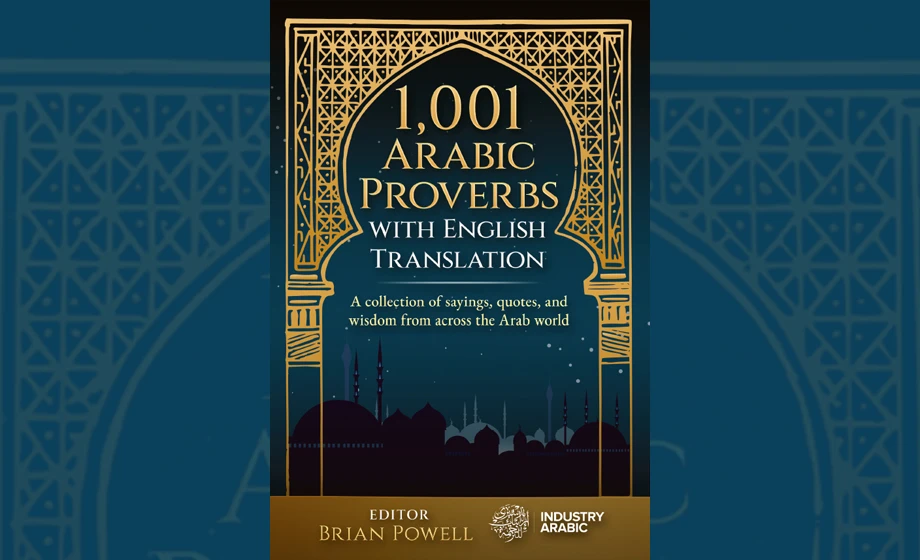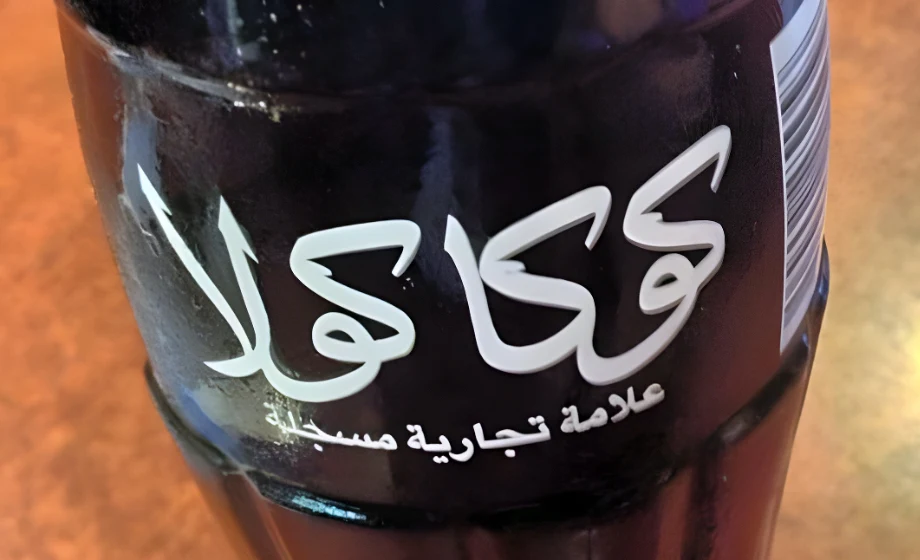For our full collection of Arabic proverbs, check out 1,001 Arabic Proverbs with English Translation, the latest book from Industry Arabic. This comprehensive collection brings together our favorite proverbs from around the Arab world, including proverbs from Egyptian Arabic, Levantine Arabic, Moroccan Arabic, Iraqi Arabic, Gulf Arabic – and more!
Here are some of our favorite Arabic proverbs. For each proverb, we provide a literal translation of the Arabic, along with the equivalent proverb in English (if one exists). If there is no corresponding proverb in English, the literal translation is followed by an explanation of the idea expressed by the saying.
The proverbs are sorted by dialect. However, it should be noted that many of these proverbs exist in similar variants across the Arab world, each adapted to the pronunciation and vocabulary of the local dialect.
Egyptian Arabic Proverbs
القرد في عين أمه غزال
Literal translation: The monkey is a gazelle in the eyes of his mother.
English equivalent: Beauty is in the eye of the beholder.
أدعي على ولدي وأكره من يقول أمين
Literal translation: I curse my own child but I hate whoever says “amen.”
Explanation: This proverb describes the feeling that I have the right to criticize someone close to me, but I will rush to that person’s defense if an outsider makes the same criticism.
آخرة المعروف الضرب بالكفوف
Literal translation: The end result of a good deed is a slap with the palms.
English equivalent: No good deed goes unpunished.
اللي ايده في المية مش زي اللي ايده في النار
Literal translation: The one whose hand is in fire is not like the one whose hand is in water.
English equivalent: Easier said than done.
لما اتفرّقت العقول كل واحد عجبه عقله، ولما اتفرّقت الأرزاق ماحدش عجبه رزقه
Literal translation: When brains were passed out, everyone was pleased with his brains; but when fortunes were given out, no one was satisfied with his fortune.
Explanation: People may be dissatisfied with their lot in life but nevertheless still believe that their way of thinking is the best.
اللي يتلسع من الشوربة ينفخ في الزبادي
Literal translation: Whoever gets burned by soup, blows on yogurt.
English equivalent: Once bitten, twice shy.
إمشي في الجنازة، ولا تمشي في جوازة
Literal translation: Walk in a funeral procession, not in a marriage.
Explanation: Don’t play matchmaker, i.e. don’t try to arrange marriage because you will get blamed if it doesn’t work out.
الدنيا زي الغازية، ترقص لكل واحد شوية
Literal translation: The world is like a belly dancer: it dances for a little while for everyone.
English equivalent: Every dog has its day.
اللي على راسه بطحة يحسّس عليها
Literal translation: Whoever has a head wound keeps feeling it.
Explanation: A guilty person will give himself away. An (uncommon) English equivalent is “The tongue ever turns to the aching tooth.”
أقول له تور يقول إحلبه
Literal translation: I say to him, “It’s bull” and he responds “Milk it.”
Explanation: This saying refers to a situation where someone goes on repeating the same argument over and over again, even though he has been contradicted repeatedly.
لولا اختلاف النظر، لبارت السلع
Literal translation: Were it not for differences of opinion, goods would go unsold.
Explanation: Different perspectives are what give things value. Variety is the spice of life.
إذا كان حبيبك عسل ما تلحسوش كله
Literal translation: Even if a friend is a honey, don’t lick them all up.
Explanation: Don’t abuse the kindness of a friend.
كلّه عند العرب صابون
Literal translation: For the Bedouin, it’s all soap.
Explanation: People without taste can’t discern the quality of different things.
اللي ما يعرفش، يقول عدس
Literal translation: He who doesn’t know, says “lentils.”
Explanation: Those who don’t know the true story will just say anything as an explanation.
بعد ما شاب ودّوه الكتّاب
Literal translation: After his hair went gray, they took him to school.
English equivalent: You can’t teach an old dog new tricks.
صاحب بالين كدّاب وصاحب تلاتة منافق
Literal translation: ِA person of two minds is a liar, and a person of three minds is a hypocrite.
Explanation: A person who tries to do two things at once is fooling himself, and a person who tries to do three things at once is even more self-deceived. The closest English equivalent would be “Jack of all trades, master of none.”
Levantine Proverbs
الجنة بدون ناس ما تنداس
Literal translation: A paradise without people is not worth stepping foot in.
الحكي مش متل الشوفة
Literal translation: Speaking is not like seeing.
English equivalent: A picture is worth a thousand words.
اللي بدو يلعب مع القط بدو يلقى خراميشه
Literal translation: Whoever plays with a cat will find his claws.
English equivalent: If you play with fire, you’re going to get burned.
ابنك هو وزغير ربّيه وهو وكبير خاويه
Literal translation: Discipline your son when he’s young, and be his friend when he grows up.
احترنا يا قرعة من وين بدنا نبوسك
Literal translation: Oh bald man, we’re confused about where to kiss you.
Explanation: This proverb is applied to someone who’s hard to please, sort of like saying “There’s no pleasing you” in English. The strange assumption at the heart of this expression is that a bald person has more potentially kissable spots on his head, so there is no obvious place to plant a kiss.
الإسكافي حافي والحايك عريان
Literal translation: The shoemaker is barefoot and the weaver is naked.
Explanation: People tend to neglect the things closest to them. Or alternatively, they fail to apply the advice and expertise they have for others to their own life. An English equivalent is “The shoemaker’s children always go barefoot.”
طب الجرة ع تمّا بتطلع البنت لإمّا
Literal translation: Flip the jar on its mouth, and the daughter comes out like her mother.
English equivalent: Like mother, like daughter. The Egyptian version of this proverb goes: اقلب القدرة على فمها تطلع البنت لإمها
ما تقول فول ليصير بالمكيول
Literal translation: Don’t says “beans” until they are on the measuring scale.
English equivalent: Don’t count your chickens before they’re hatched.
التلم الأعوج من التور الكبير
Literal translation: The crooked furrow is caused by the big bull.
English equivalent: A fish rots from the head down.
الدم ما بيصير مي
Literal translation: Blood does not become water.
English equivalent: Blood is thicker than water.
اللي بياكل العصي مش متل اللي بيعدّها
Literal translation: Receiving (blows from) a stick is not the same as counting them.
English equivalent: Easier said than done.
كل ديك ع مزبلته صيّاح
Literal translation: Every rooster crows on its own dunghill.
Explanation: Everyone feels confident on their home turf.
الحركة بركة
Literal translation: Movement is a blessing.
Explanation: Action is better than inaction. In order to get things done, you need to act.
الديك بيموت وعينو بالمزبلة
Literal translation: The rooster dies with his eye still on the dunghill.
Explanation: Similar to the English proverb “A leopard can’t change its spots,” this proverb conveys the idea that no one can change their fundamental nature. It’s used especially in reference to negative qualities and behaviors.
البحصة بتسند خابية
Literal translation: A pebble can support a barrel.
Explanation: Even a small effort can go a long way.



